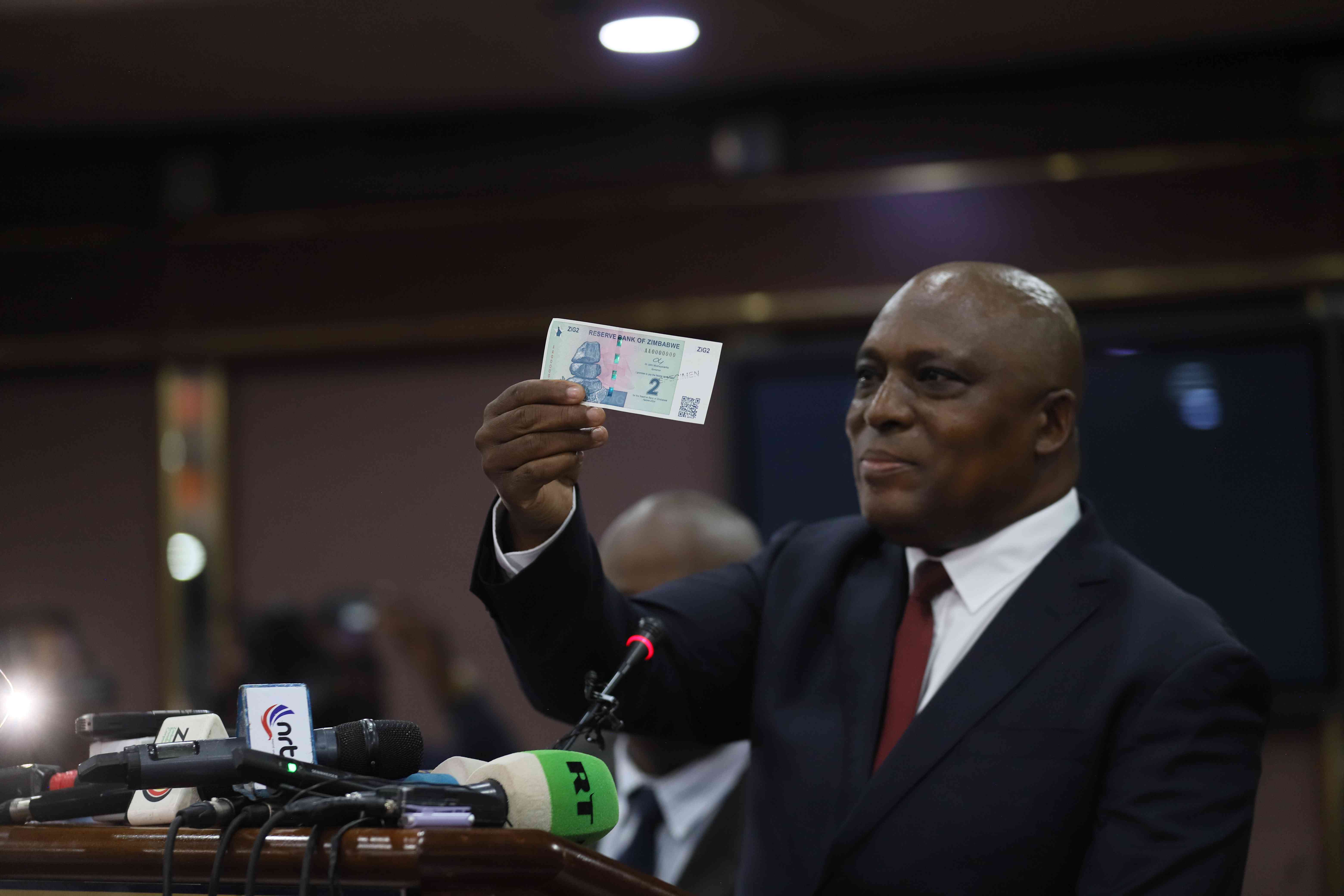
THOUSANDS of people found themselves out of pocket over the weekend after banks and mobile money operators froze local currency balances ahead of their conversion to the new currency, Zimbabwe Gold (ZiG), today.
The new currency, announced on Friday, is intended to restore confidence in the local unit at a time when the economy had quickened the re-dollarisation pace, with eight out of 10 transactions being conducted in United States dollars.
Monetary authorities say the new measures in place will see the trend reversed with ZiG accounting for 30% of transactions by the end of the year and 40% next year.
The new measures seek to attain the two objectives of price and exchange rate stability and remonetise the local currency as a medium of exchange.
Authorities will roll out an advertisement blitz across the country on the security features ahead of the release of the new notes and coins on April 30.
This raises the likelihood that some citizens will be stuck for the next three weeks as traders are refusing to accept the Zimdollar, mainly used as change in transactions since Friday.
However, they have no choice but to soldier on as these are the pains of adjustment that must be endured each time there is a currency change.
They went through “hell” in currency changes and hope authorities will smoothen the process.
- So, is it a currency?
- All eyes on new RBZ boss as dollar collapses
- Structured currency is foredoomed
- A defining moment for Mushayavanhu
Keep Reading
They are hopeful ZiG will last the distance after new central bank chief John Mushayavanhu vowed to defend the currency declaring that some of RBZ’s past missteps such as its involvement in quasi-fiscal operations will not happen under his watch.
Such a bold declaration reassures the market and builds confidence in the new currency.
However, a declaration alone is not enough. There are important housekeeping issues such as a smooth changeover process.
The blitz to publicise the features of ZiG must cover every length and breadth of Zimbabwe. No place should be left behind, the rallying cry of the President Emmerson Mnangagwa’s administration.
Hard-pressed Zimbabweans have been on a merry-go-round as they battled to use the local currency. They have also lost their savings in the process.
The local currency had lost one of its key functions that of store of value which saw preference shifting to the greenback.
They are hopeful that ZiG will survive and won’t go the same route as its predecessors.
They envision a day they will use ZiG to pay for passport application fee, duties or fuel at a service station.
They yearn for an era in which a person with foreign currency must visit a bureau de change before transacting.
It is not utopian as they have experienced it before.
The ball is in the court of monetary authorities to live up to their bold declarations.
The next few weeks will determine if the monetary authorities have sold citizens a dummy.











